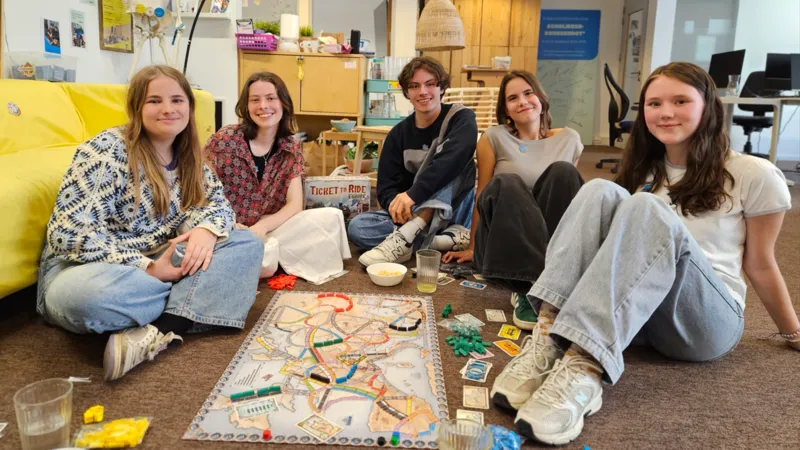Millions of young people will be voting in their first elections as Europeans go to the polls over the course of four days to choose a new European Parliament from 27 member states.
Children in Belgium, Germany, Austria, Greece, and Malta will be eligible to vote in these elections because the voting age has been lowered to 16 in certain of these nations.
Mare Verlinde is a 17-year-old student from Belgium. “It’s a very big opportunity for us, because it gives us a voice we never had before,” she says.
Her friend Auguste Duchene says seriously, “I think Europe needs to step up and be stronger; we can’t always rely on NATO.”
These European elections are important to this group of friends as well as many of their peers.
They were raised to believe that Europe was safe, but for the past two years, that belief has vanished.
Lore Sleeckx, 17, is concerned about conflict in Europe.
All of her companions nod in agreement as she explains, “My history teachers are saying they wouldn’t be surprised if a world war happened in the future.” “I’m really afraid of that.”
Young voters turned out in historic numbers for the 2019 European elections, with a resounding majority of their votes going to green parties that supported robust climate policy. It was hailed as a “Green wave” at the time.







